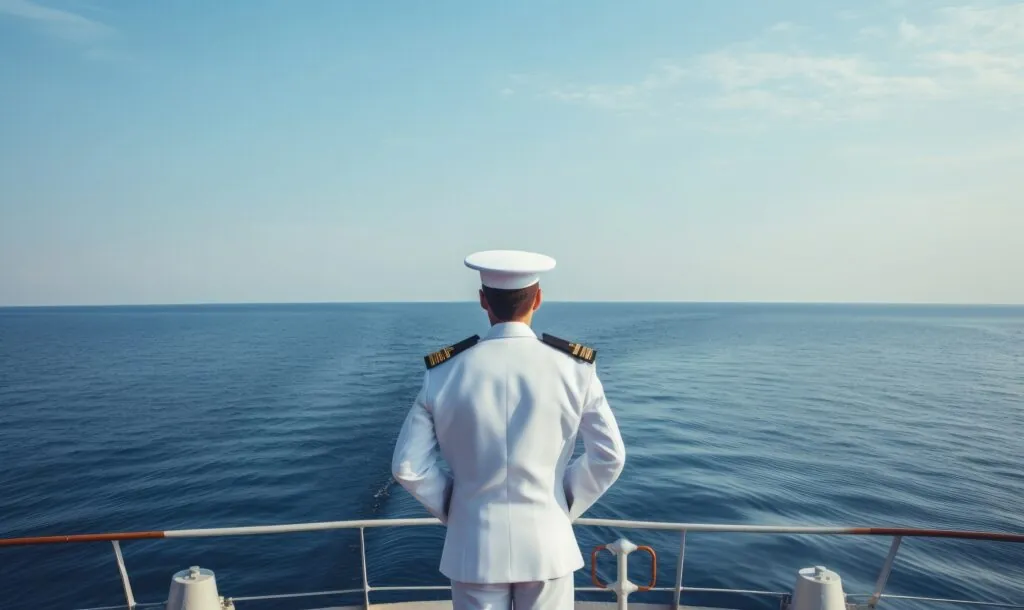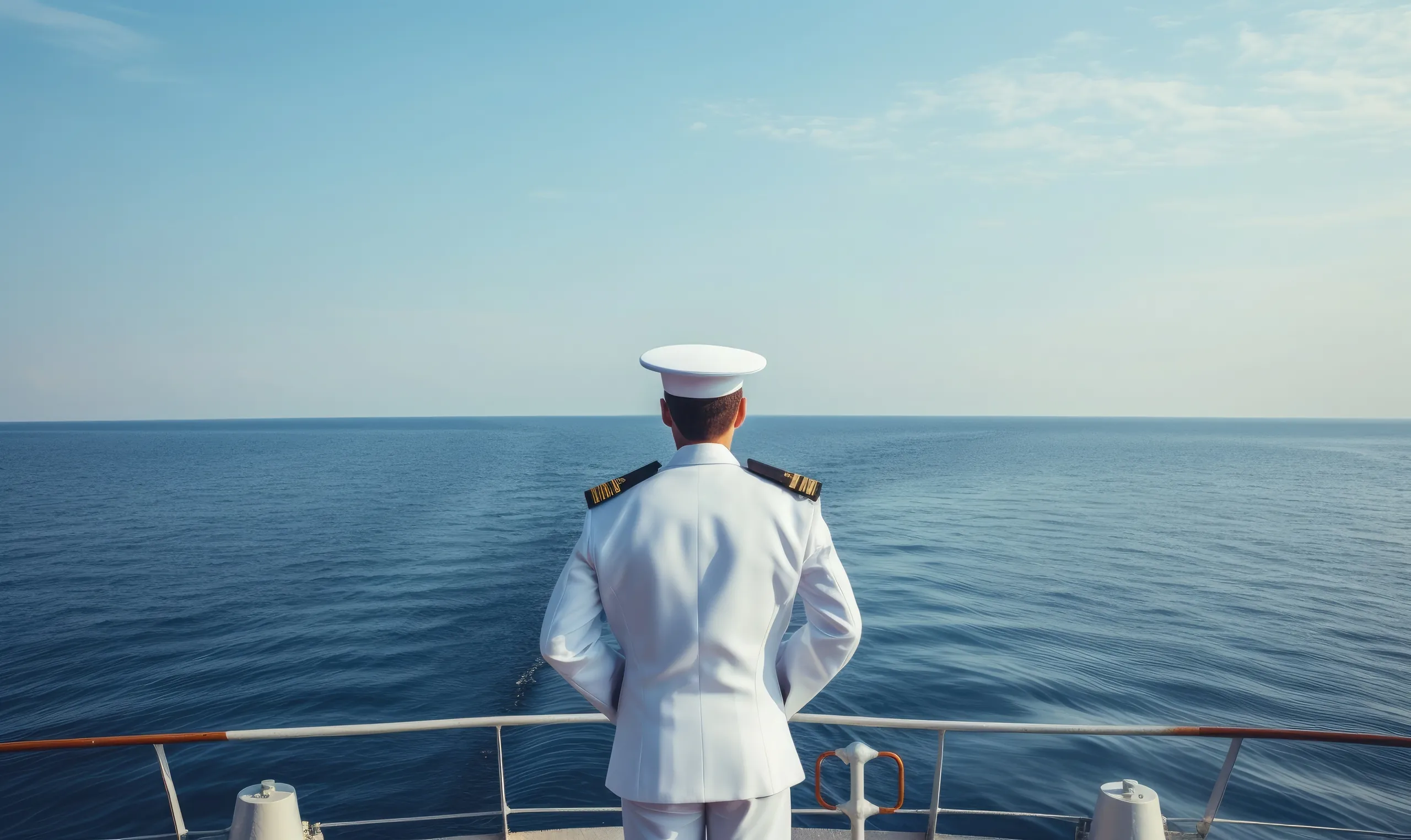Sexual Assault Allegations Against High-Ranking Cruise Staff
Sexual misconduct aboard cruise ships—particularly when it involves high-ranking officers—presents a complex mix of legal ambiguity, internal protocols that lack transparency, and systemic barriers to justice. While cruise vacations are often marketed as carefree, luxurious escapes, serious incidents such as sexual assault can and do happen on board. What happens next, however, is rarely simple or clear.

This article investigates how cruise lines handle sexual assault allegations internally, why jurisdictional issues complicate prosecution, and what legal options are available for victims. It also explores the broader need for reform in the cruise industry’s approach to handling sexual misconduct.
Why Cruise Ships Create Legal Loopholes
Cruise ships operate under unique legal frameworks that make addressing sexual assault allegations particularly difficult. Several factors contribute to a lack of accountability and hinder justice for victims.
Flag State Jurisdiction
Cruise ships are registered in countries known as “flag states,” which may have weak or inconsistent legal enforcement. A ship operating under a flag of convenience—like Panama, the Bahamas, or Liberia—follows that country’s legal system. This often means investigations into crimes such as sexual assault are handled poorly or not at all.
International Waters
Once a ship sails beyond a country’s territorial waters, which extend 12 nautical miles from the coastline, it enters international waters. In this zone, no single country has full jurisdiction, creating a legal vacuum. If an assault happens in these waters, prosecution becomes extremely complex and often ineffective.
Internal Investigations
Rather than reporting incidents to external authorities, many cruise lines rely on internal investigative processes. These are typically led by onboard HR or security teams and may lack transparency, impartiality, or thoroughness. In some cases, investigations are closed before the ship even docks at port.
Confidentiality Agreements
To manage legal risk and protect corporate reputation, cruise companies frequently use confidentiality agreements or non-disclosure clauses in settlements. While these may offer privacy for the victim, they also suppress accountability, silence survivors, and prevent public scrutiny.
Jurisdiction at Sea: Who Investigates Cruise Ship Assaults?
When a sexual assault occurs on land, the local police investigate. At sea, the situation is far murkier, with overlapping jurisdictions and weak enforcement mechanisms.
Flag State vs. Port State Authority
Legally, the flag state has primary jurisdiction over crimes committed on its registered ships. However, enforcement by these states is inconsistent. When a ship docks in a foreign port, the local government—referred to as the port state—can take jurisdiction if the crime occurred in its waters. In reality, many port states lack the legal or political will to intervene, especially if they rely heavily on cruise tourism for economic activity.
Maritime Legal Loopholes in Assault Cases
The layered jurisdiction leads to frequent inaction. Often, cruise lines are not legally required to report criminal activity to port authorities, and flag states rarely pursue cases unless there is significant public pressure. This allows companies to delay or suppress investigations and lets perpetrators avoid justice altogether.
How Cruise Lines Handle Sexual Assault Allegations Internally
Cruise companies typically default to their own internal protocols when an allegation arises. These processes vary by company, but they generally involve a few common elements.
The Role of HR and Internal Investigations
When a sexual assault is reported, an onboard HR or security official is tasked with managing the situation. The process usually includes removing the accused from their post, conducting interviews, reviewing security footage (if available), and preparing a report. However, these investigations are not conducted with the same rigor or independence as criminal investigations. There is no guarantee of evidence preservation or victim advocacy, and many cases are closed without further action.
Confidentiality Agreements and Cover-ups
Many cruise lines offer settlements that require victims to sign confidentiality agreements. These NDAs prevent survivors from discussing their experiences publicly, which hinders both legal action and systemic reform. Such agreements have been widely criticized by legal advocates as tools that prioritize corporate protection over victim justice.
Chain of Command and Reporting Obstacles
Crew members face unique barriers when reporting misconduct, especially if the alleged perpetrator is a senior officer. The hierarchical structure on cruise ships can intimidate lower-ranking employees, who fear retaliation or career damage. Passengers, too, often struggle to navigate the internal chain of command and may not know how or where to report an assault.
Case Studies: Officer Misconduct and Cruise Line Response
High-Profile Incidents and Public Reaction
In recent years, several high-profile incidents have highlighted how cruise lines handle—or mishandle—sexual misconduct. In one case, a female passenger accused a ship officer of assault. The cruise line launched an internal investigation but did not notify law enforcement. The case never reached court, and the accused returned to duty within weeks. The public backlash was intense, but without access to the investigation records, no legal accountability followed.
Handling Allegations Against Senior Staff
When high-ranking staff members are implicated, cruise lines often resolve cases privately. The accused may be quietly removed from duty, transferred to another vessel, or placed on administrative leave. Disciplinary actions are rarely made public, and criminal charges are seldom pursued unless the incident gains media attention.
Transparency and Victim Advocacy on the High Seas
Victim Reporting Barriers
Passengers are often unaware that crimes on a cruise ship may not be reported to local authorities. Victims may receive vague or misleading information about their rights or the legal process. Many feel isolated and powerless, especially when evidence collection is delayed or medical resources are limited.
Third-Party Oversight and Unions’ Role
The lack of independent oversight compounds the problem. While unions may offer some protection to crew members, they have little power to enforce misconduct investigations involving officers or corporate executives. Third-party investigations are rare and often funded by the cruise lines themselves, raising serious concerns about impartiality.
Legal Recourse for Victims
Despite the challenges, victims do have legal options. They can file civil lawsuits in countries with jurisdiction, such as their home nation or the port where the ship docked. In some cases, victims may join class-action lawsuits or pursue arbitration. However, many cruise contracts require disputes to be resolved in specific venues, limiting access to fair and open legal proceedings.
Toward Reform: What Needs to Change in Maritime Misconduct Policy?
Recommended Legal and Procedural Reforms
To improve accountability and protect victims, several reforms have been proposed:
- Mandatory Reporting: Cruise lines should be legally required to report all allegations of sexual assault to both flag and port state authorities.
- Independent Investigations: External bodies, not cruise line HR teams, should conduct investigations into serious misconduct.
- Transparency Requirements: Cruise companies should publish annual data on misconduct reports, outcomes, and disciplinary actions.
- Limiting NDAs: Non-disclosure agreements should not be used in cases involving potential criminal activity.
- Jurisdiction Clarification: Clear, enforceable guidelines should determine which country has jurisdiction over crimes committed at sea.
Ensuring Independent Investigation Mechanisms
A robust oversight framework would include independent advocates on board, third-party investigators with no ties to cruise companies, and standardized complaint procedures accessible to both crew and passengers. Regulatory bodies should also be empowered to audit cruise lines and impose penalties for non-compliance.
Frequently Asked Questions
What happens when a cruise officer is accused of sexual assault?
When a cruise officer is accused of sexual assault, the cruise line typically initiates an internal investigation led by onboard HR or security personnel. The accused may be temporarily removed from duty or reassigned during the investigation, but rarely are external authorities immediately involved unless the incident gains public attention or occurs within port state jurisdiction. The findings are usually kept confidential, and in many cases, no formal charges are filed. Victims are often encouraged to handle matters through the cruise line’s internal channels, which are not always impartial or thorough.
Are cruise ships legally obligated to report sexual misconduct to authorities?
There is no consistent global legal requirement that obligates cruise ships to report sexual misconduct to law enforcement. Reporting requirements depend on the flag state’s laws, which may be minimal or nonexistent. Some port states have their own mandates for reporting criminal activity, but these are often ineffective once the ship has left the port. In many cases, cruise companies choose whether to report crimes, especially if the incident occurs in international waters. This legal ambiguity often results in underreporting and lack of proper legal response.
Who has jurisdiction if a crime occurs in international waters?
In international waters, jurisdiction over a crime committed aboard a cruise ship typically falls to the country where the ship is registered—the flag state. However, enforcement by the flag state can be inconsistent, particularly when that nation lacks the capacity or willingness to pursue investigations. Additional jurisdictions may come into play, such as the port state where the ship docks next or the victim’s country of residence, but jurisdictional overlap and legal complexity frequently delay or derail investigations.
Can a cruise line cover up misconduct by senior staff or officers?
Cruise lines have significant discretion in how they manage internal investigations, and this often includes the use of confidentiality agreements or private settlements to address allegations without public disclosure. While this does not legally absolve them from wrongdoing, it allows them to handle serious allegations like sexual assault out of public view. This practice effectively covers up misconduct by avoiding external investigations, limiting transparency, and silencing victims through legal agreements.
Is there a way for victims to pursue justice after a cruise ship assault?
Yes, victims can pursue civil litigation or, in some circumstances, criminal charges depending on the jurisdictions involved. Legal recourse is often available through lawsuits filed in the country where the cruise line is headquartered, the victim’s home country, or the port where the incident occurred. Victims may also challenge the arbitration or non-disclosure clauses present in many cruise ticket contracts. Working with an experienced maritime or sexual assault attorney is essential to navigating these complex legal pathways and maximizing the chance of achieving justice.
Contact The Cruise Injury Law Firm Today
If you or someone you know has experienced sexual misconduct on a cruise ship, it is essential to act quickly. Collect all available evidence—medical records, communications, and witness accounts—and contact The Cruise Injury Law Firm today. Legal experts can help you navigate complex jurisdictional issues, challenge confidentiality agreements, and pursue justice through civil or criminal court systems.





